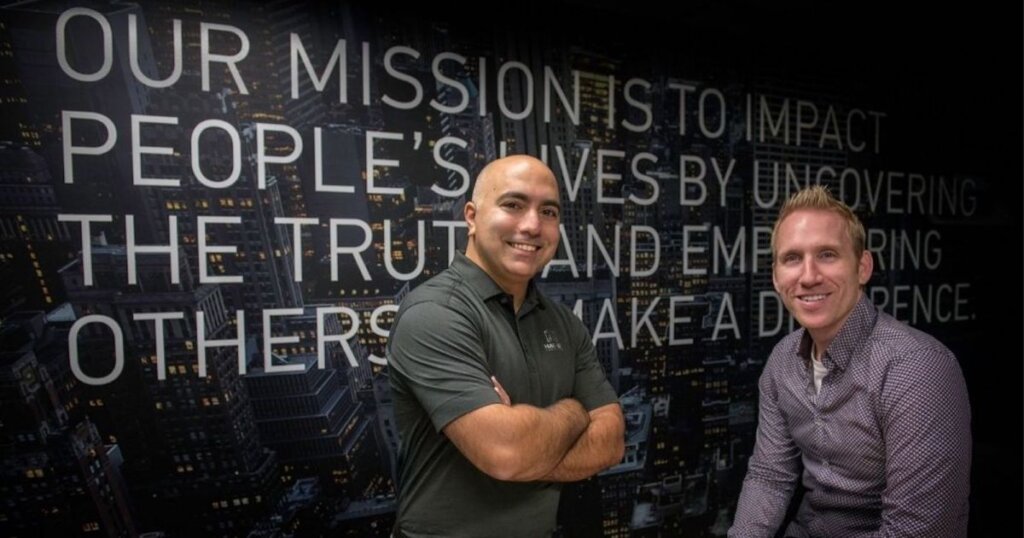Home » Magnet Forensics expands Down Under
Magnet Forensics expands Down Under

Cyber investigation company Magnet Forensics (TSX: MAGT) continues to grow globally with an expansion to Australia.
The Waterloo-based company says it plans to hire sales and professional services staff to pursue a growing opportunity among policing and other government agencies in the country.
“Australia is a rapidly emerging market for digital forensics and cybersecurity solutions in the Asia-Pacific region,” said Adam Belsher, Magnet’s CEO. “Having a local presence will allow us to support our existing customers and make further inroads into this market.”
Founded in 2010 by former police officer Jad Saliba, Magnet provides digital forensics tools to investigate hacking and other kinds of cyber crime. The company went public in April 2021 with an IPO on the Toronto Stock Exchange.
While current economic conditions are hurting many technology companies, the global demand for cybersecurity has propelled Magnet forward. The company reported Q2 revenue of $23.1 million, up 41 per cent, with annual recurring revenue of $73.7 million as of June 30, up 49 per cent from the prior year. Magnet posted a net loss of $1 million in Q2, compared to net income of $1.6 million in Q2 of 2021.
Analysts remain bullish on the company, with the likes of BMO, RBC and National Bank Financial maintaining their “outperform” ratings on Magnet shares following the release of second-quarter results in August.
“We believe the strong revenue and ARR (annual recurring revenue) growth in the quarter demonstrate that MAGT is seeing a good return on its recent go-to-market investments, and that it continues to have significant runway for growth,” BMO said in a report dated Aug. 10.
Magnet has also been hiring steadily over the past year, a period in which many technology companies have paused their hiring or laid off employees. The company expects to employ 500 people by the end of 2022, up from 394 at the end of 2021. It currently has more than 50 jobs posted on Communitech’s Work in Tech job board. In addition to the expansion to Australia, the company continues to grow its workforce in new Canadian locations such as Calgary and Halifax.
In a news release, Magnet said the expansion to Australia will strengthen its broader presence in the Asia-Pacific region. The company, which already has staff in Singapore and India, has been selling its cyber-crime investigation solutions in Australia since 2011. Customers include government agencies, service providers and enterprises in the policing, health care, technology, industrial and education sectors.
The entry into Australia will allow Magnet to tap a growing cybersecurity market that the Australian Cyber Security Growth Network says is increasing by nine per cent each year. That number could triple within the decade, the network adds, thanks in part to the Australian government describing the country’s cybersecurity sector as being critical to the country’s long-term economic prospects.
Communitech
https://communitech.ca
"Communitech helps tech-driven companies start, grow and succeed. Communitech was founded in 1997 by a group of entrepreneurs committed to making Waterloo Region a global innovation leader. At the time it was crazy talk, but somehow this community managed to pull it off. Today, Communitech is a public-private innovation hub that supports a community of more than 1400 companies — from startups to scale-ups to large global players. Communitech helps tech companies start, grow and succeed in three distinct ways: - Communitech is a place – the center of gravity for entrepreneurs and innovators. A clubhouse for building cool shit and great companies. - Communitech delivers programs – helping companies at all stages with access to capital, customers and talent. We are here to help them grow and innovate. - Communitech partners in building a world-leading ecosystem – making sure we have all the ingredients (and the brand) to go from a small startup to a global giant."


